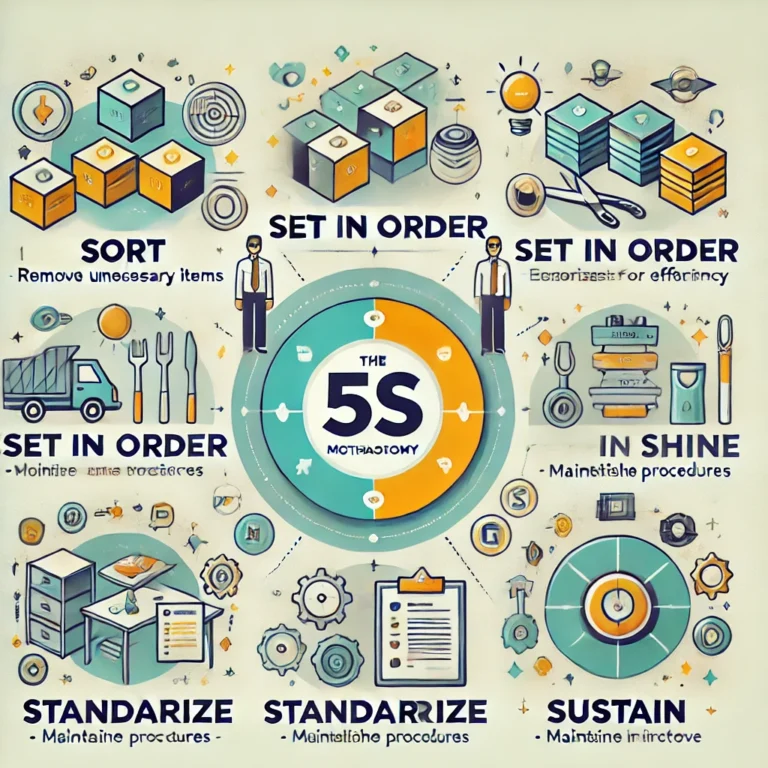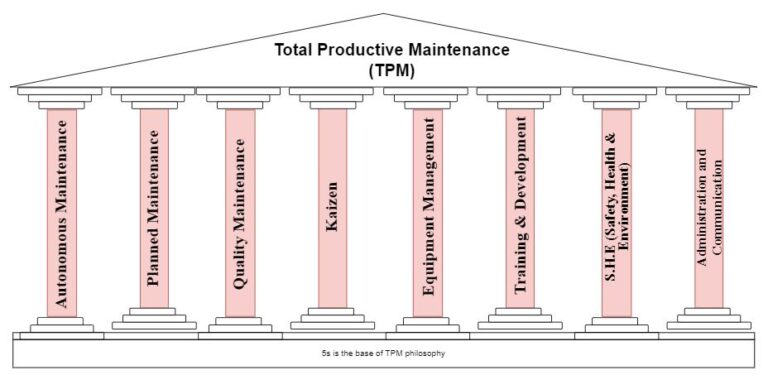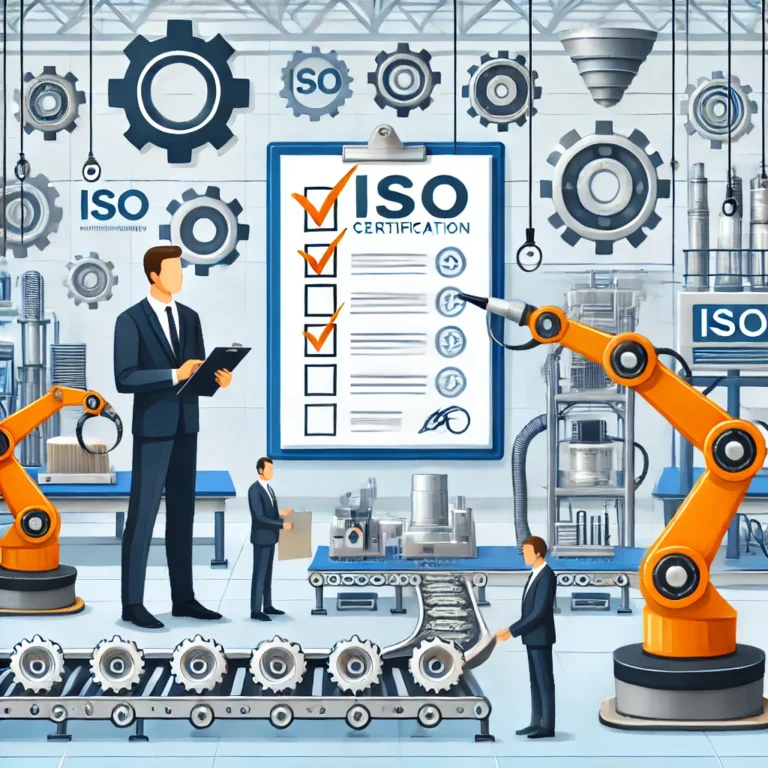Work Visa & Job Guidance for Engineers in Germany
Introduction
Germany, the economic heartland of Europe, is a global leader in engineering, innovation, and industry. Its reputation for precision and quality makes it a top destination for engineers worldwide. The country’s strong industrial base, driven by an aging workforce and a persistent demand for skilled professionals, presents a wealth of opportunities in sectors like automotive, mechanical, electrical, and IT engineering.
However, a successful move requires a clear understanding of two key areas: securing the correct work visa and navigating the German job market. This article serves as a comprehensive guide, providing step-by-step instructions, essential links, and insider tips to help you build a fulfilling engineering career in Germany.

The Work Visa: A Step-by-Step Guide
Types of German Work Visas for Engineers
Germany has specific visa categories for skilled professionals. The two most relevant for engineers are the EU Blue Card and the general work visa.
The EU Blue Card 🔵
The EU Blue Card is a prestigious residence permit for highly qualified professionals from non-EU countries. It offers a fast-track to permanent residency and is highly sought after.
- Key Requirements:
- Academic Qualification: A German or internationally recognized university degree is a must. You must be able to prove its equivalence.
- Job Offer: You need a binding employment contract from a German employer for a job that aligns with your qualifications.
- Salary Threshold: As of 2025, the minimum gross annual salary for the EU Blue Card is €48,300. For
- shortage occupations (including many engineering fields) and for new entrants to the labor market (graduated within the last three years), the threshold is lower at €43,759.80.
The General Work Visa for Qualified Professionals
If you do not meet the salary threshold for the EU Blue Card, you may still be eligible for the general work visa. This visa is for skilled workers with a recognized degree and a job offer.
- Key Requirements:
- Recognized Qualification: Similar to the Blue Card, your foreign degree must be recognized in Germany.
- Job Offer: You need a concrete job offer. The Federal Employment Agency may review the offer to ensure no German or EU citizen is available for the role, though this is often a formality for in-demand professions.
Key Requirements for a German Work Visa
Academic Qualification Recognition
This is the most critical hurdle. German authorities need to verify that your foreign degree is comparable to a German one.
- Anabin Database: Your first step should be to check the official Anabin database at https://anabin.kmk.org/. This database checks the recognition status of foreign degrees and universities.
- If your university and degree are marked with “H+” and “entspricht” (corresponds to) or “gleichwertig” (equivalent), you can often just print the excerpt for your visa application.
- If your degree or university is not listed, you will need to apply for a Statement of Comparability from the Central Office for Foreign Education (ZAB).
- Statement of Comparability: The ZAB’s Statement of Comparability is an official document that verifies your degree. You can find more information and apply online at https://zab.kmk.org/en/statement-comparability. For EU Blue Card applicants, the ZAB offers an expedited processing time of around two weeks, provided all documents are in order.
The Job Offer and Employment Contract
A signed employment contract is the foundation of your visa application. It must detail your role, working hours, and, most importantly, your gross annual salary.
Language Proficiency
While not always legally required, having German language skills is highly recommended. For the EU Blue Card, a B1 level is required to achieve permanent residency in 21 months instead of 33. For daily life and professional integration, having at least a basic grasp of German (A2-B1) is essential, especially for roles outside of purely international companies.
The Application Process
Gathering Required Documents
This is a meticulous process. A typical checklist includes:
- Valid passport (valid for at least 6 months beyond your planned stay)
- Completed visa application form
- Biometric passport photos
- Your signed employment contract
- Academic degree certificates and transcripts (with official translations if not in German or English)
- Anabin excerpt or ZAB Statement of Comparability
- A detailed CV
- Proof of health insurance (travel insurance for the visa application, then public or private insurance once in Germany)
- Visa fee
Booking an Appointment at the German Embassy/Consulate
Visa applications must be submitted at the German mission in your country of residence. You must book an appointment online, which can take several weeks or months due to high demand. Start this process as soon as you have your job offer.
The Role of the Foreigners’ Authority (Ausländerbehörde)
Your initial visa will be a temporary entry permit. Within a few months of arriving in Germany, you must register your address and then apply for a long-term residence permit (Aufenthaltserlaubnis) at your local Ausländerbehörde (Foreigners’ Authority). This is the key document that grants you the right to live and work in Germany long-term.
Bringing Your Family to Germany
Germany’s family reunification policy is accommodating for skilled professionals. EU Blue Card and general work visa holders can bring their spouses and minor children. Spouses are generally granted the right to work in Germany, but may need to prove basic German skills (A1 level) for their own visa.
The Job Hunt: Finding a Position as an Engineer
The German Job Market for Engineers 📈
Germany’s job market is robust and filled with opportunities for engineers across various sectors.
In-Demand Engineering Fields
The highest demand is in the following areas:
- IT Engineering: Software development, data science, AI, cloud computing, and cybersecurity. The digital transformation is fueling massive growth.
- Electrical Engineering: Specializations in automation, robotics, embedded systems, and especially e-mobility and renewable energy.
- Mechanical Engineering: Automotive and its component suppliers, machinery, and plant engineering.
- Civil Engineering: Infrastructure projects and construction.
- Mechatronics: A highly valued field combining mechanical, electrical, and software engineering.
Key Industries and Leading Companies
Germany is home to some of the world’s most renowned companies and a strong network of “Mittelstand” (small and medium-sized enterprises) that are global leaders in their niches.
- Automotive: Volkswagen, Daimler (Mercedes-Benz), BMW, Audi, and suppliers like Bosch and Continental.
- Industrial/Electronics: Siemens, Bosch, and Infineon Technologies.
- IT: SAP, and a thriving startup scene in cities like Berlin and Munich.
Cities with High Concentrations of Engineering Jobs
- Munich: Automotive, IT, and aerospace.
- Stuttgart: The heart of the automotive industry.
- Wolfsburg: Home to Volkswagen’s headquarters.
- Frankfurt: Finance and surrounding mechanical engineering industries.
- Berlin: A vibrant tech and startup hub.
- Hamburg: Aerospace (Airbus) and wind energy.
Crafting Your German Application Documents
German application documents are very specific. You must tailor your CV and cover letter to German standards.
The CV (Lebenslauf) and Cover Letter (Anschreiben)
- German CV (Lebenslauf): The CV is typically reverse chronological, concise (1-2 pages), and includes a professional photograph. It should detail your personal information, work experience (with quantifiable achievements), education, and skills.
- Cover Letter (Anschreiben): The cover letter is a formal, one-page document. It should clearly state your motivation for the specific role and company, and how your skills directly match the job description. Do not use a generic template.
Common German Application Etiquette
- Professional Photo: A professional headshot is almost universally expected on the CV.
- Completeness: Submit all requested documents, including certificates and references.
- Truthfulness: Do not embellish or exaggerate your qualifications. Employers will verify them.
Networking and Using Job Portals
Your job search should combine online resources with professional networking.
Professional Networking Sites
- LinkedIn: The global standard for professional networking. Optimize your profile and connect with recruiters and professionals in your field.
- Xing: A German-specific professional network that is still very popular within Germany. Creating a profile here is highly recommended.
Major German Job Boards
- StepStone: One of Germany’s largest job portals.
- Indeed.de: A popular international platform with a wide range of job postings.
- VDI Nachrichten: The job board for the Association of German Engineers, a great resource for engineering-specific roles.
- Make it in Germany: The official government portal for skilled workers, with job listings and visa information. You can find their job portal at https://www.make-it-in-germany.com/en/living-in-germany/job-search/job-listing.
The Interview Process
German interviews are structured and focus on your technical skills and logical thinking. Be prepared to discuss your past projects in detail and showcase your problem-solving abilities.
Post-Arrival and Professional Development
Registering Your Address (Anmeldung) and Other Bureaucratic Steps
Upon arrival, your first official task is to register your residence.
- Anmeldung: Within two weeks of moving into your apartment, you must register your address at the local Bürgeramt (Citizen’s Office). You will need your passport, a signed Wohnungsgeberbestätigung (confirmation from your landlord), and a completed registration form.
- Tax ID: After your Anmeldung, your tax ID (Steuer-ID) will be mailed to you.
- Health Insurance: Health insurance is mandatory. Your employer will handle the registration with a statutory health insurance provider of your choice.
- Bank Account: Open a German bank account to receive your salary.
Professional Recognition for Engineers
While your degree is recognized for the visa, some professions require additional steps. For example, civil engineers may need to register with their local state engineering chamber (Ingenieurkammer) to use the protected title of “Ingenieur.”
Continuing Education and Career Growth
Germany values continuous professional development. Your employer will often provide training, but you can also pursue certifications from organizations like the VDE (Association for Electrical, Electronic & Information Technologies) or the VDI (Association of German Engineers).
Pathways to Permanent Residency and Citizenship 🇩🇪
Germany offers clear routes to permanent residency and citizenship.
German Citizenship: Under recent law changes, you can apply for citizenship after five years of legal residence. This can be reduced to three years for those who are particularly well-integrated (e.g., exceptional professional performance or volunteer work). You must pass a citizenship test and prove B1 German language skills.
Permanent Residency (Niederlassungserlaubnis): EU Blue Card holders can apply after just 21 months with a B1 German certificate or after 33 months with an A1 certificate. You must also have paid social security contributions and have a secured livelihood.







